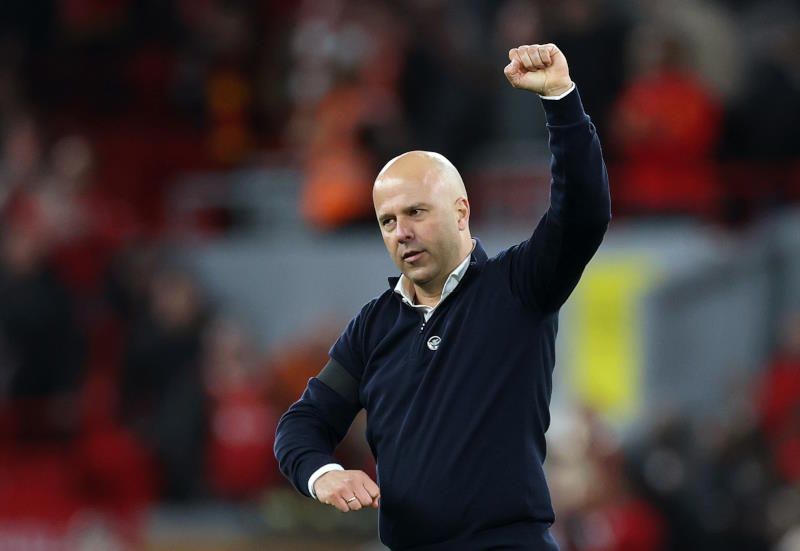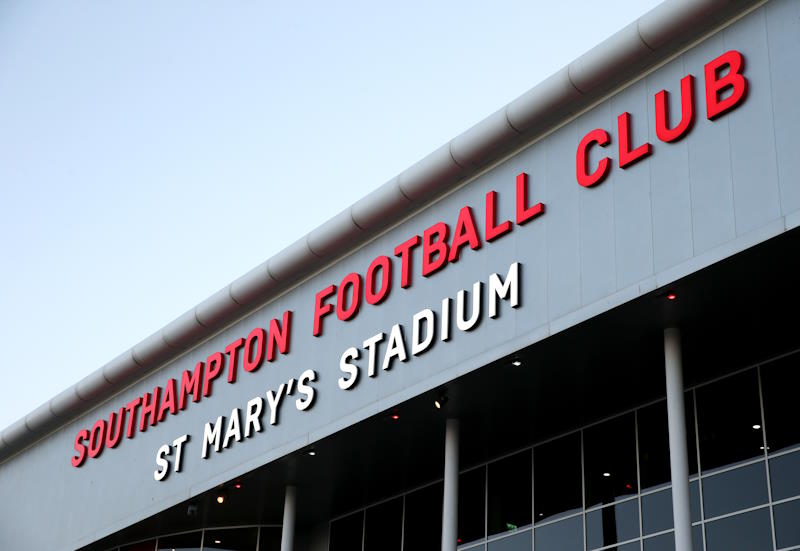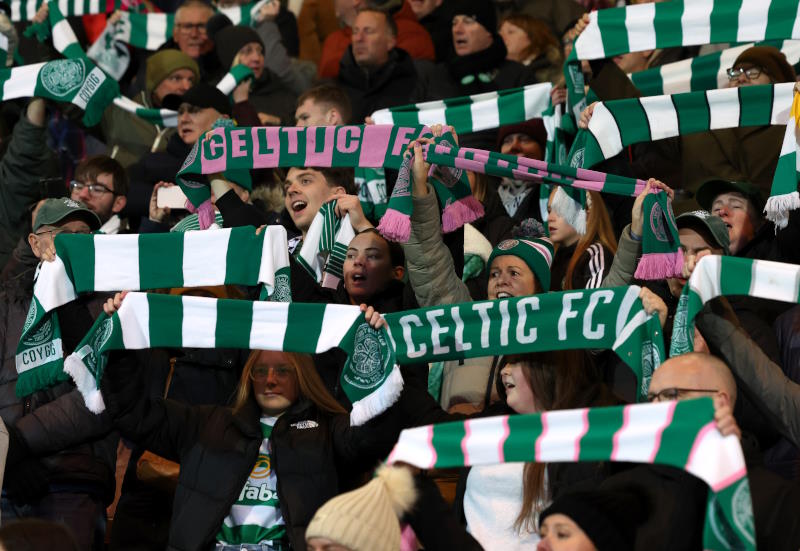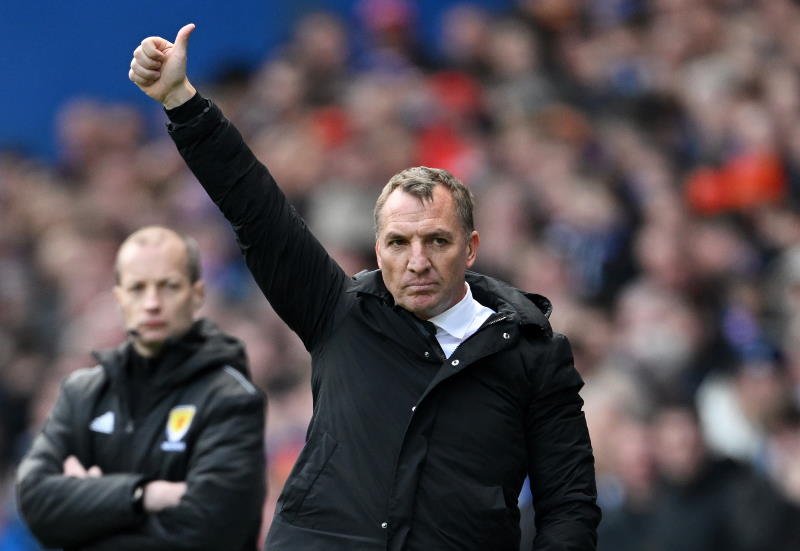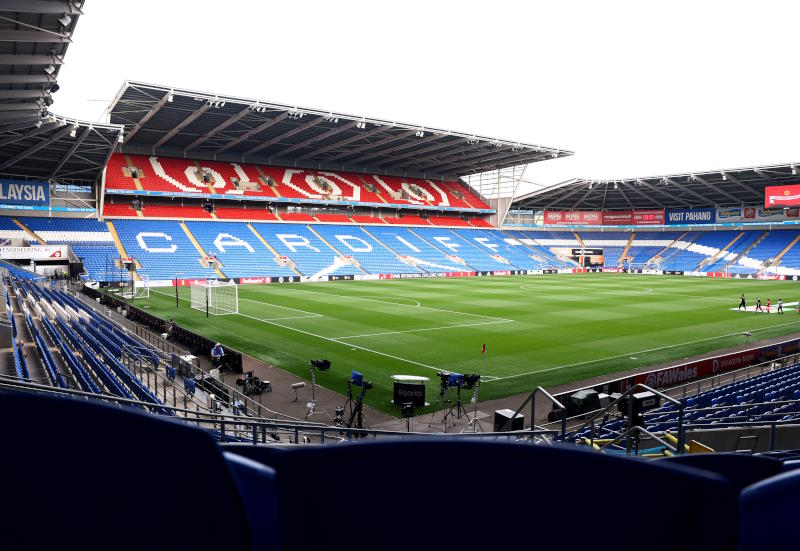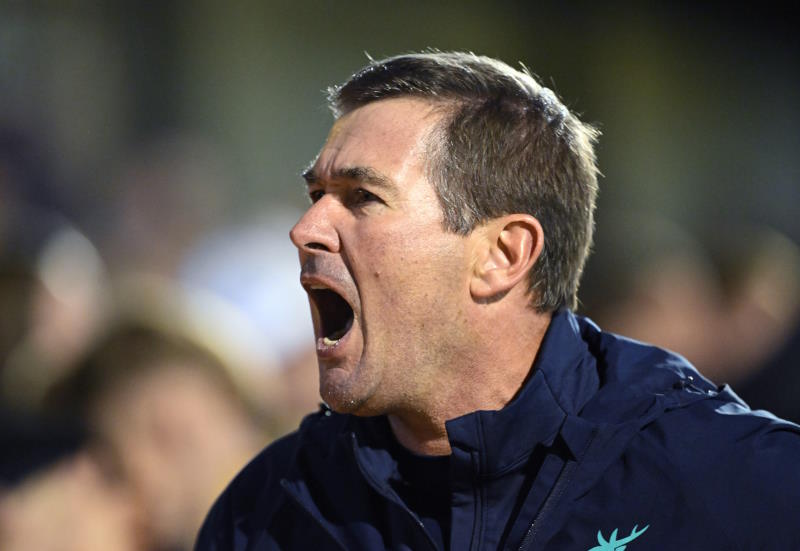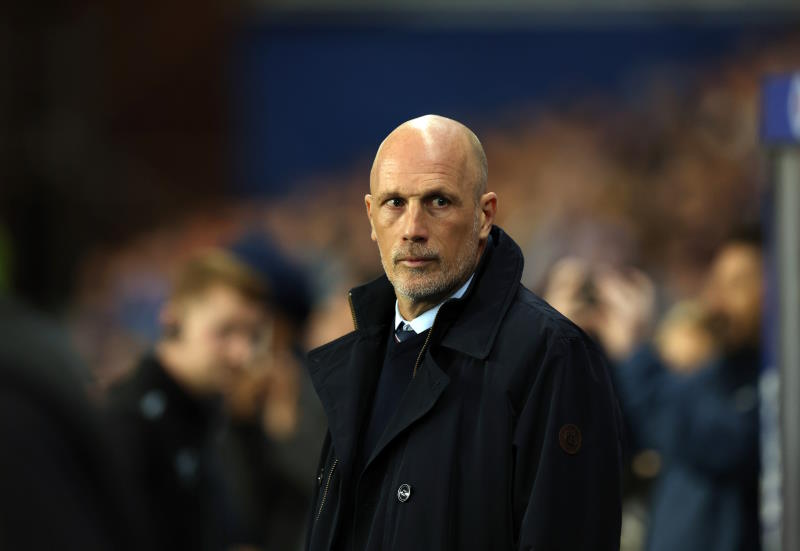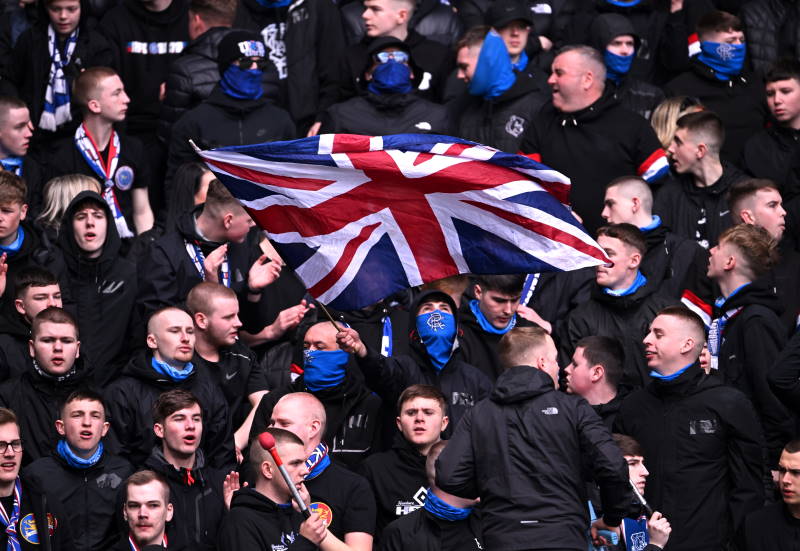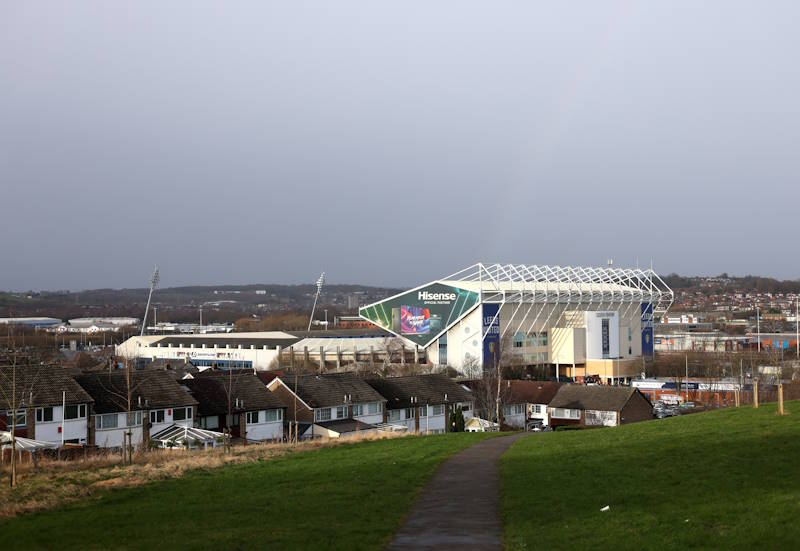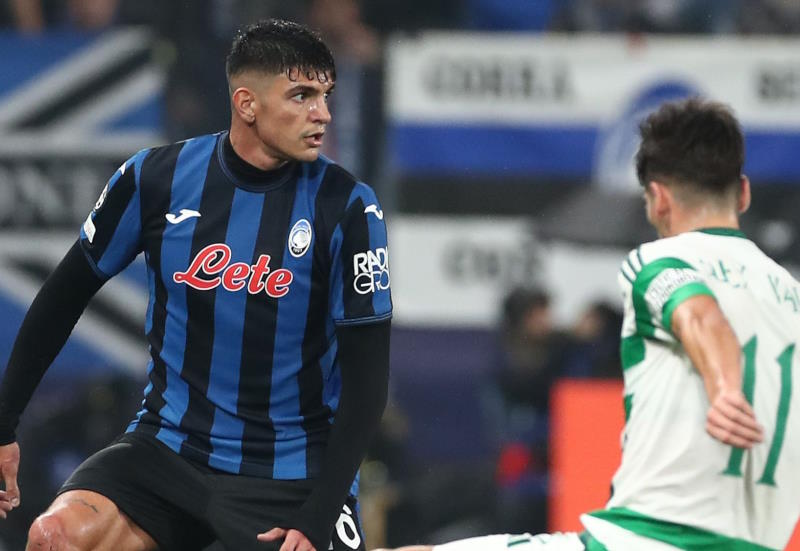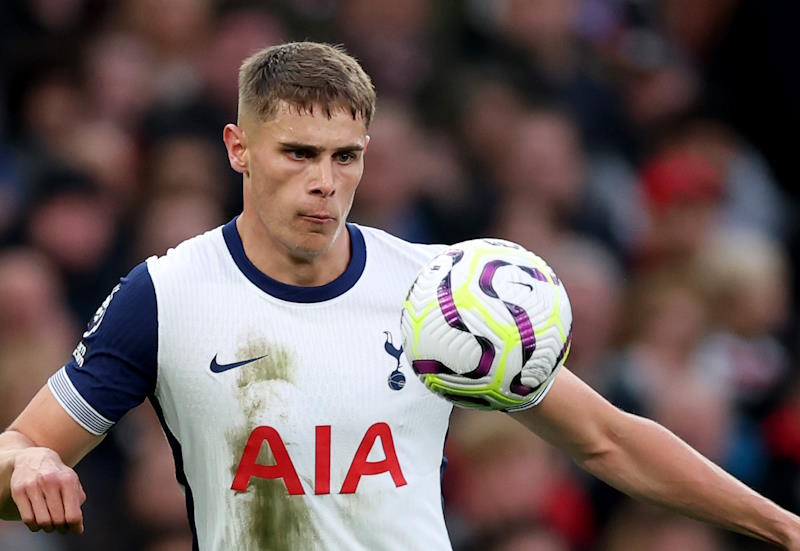
France and Italy both crashed out of the World Cup in the group stages at this summer’s competition in South Africa and both did so in spectacularly poor fashion.
As well as having an early exit in common there are other similarities: They are both recent World Champions, France in 1998 and Italy in 2006, and both had squads at this tournament which were ageing forces.
The problems suffered by these teams are also quite striking, with both nations’ domestic leagues struggling to compete with the more robust English Premier League and the Spanish La Liga.
In fact, both Ligue 1 and Serie A are behind the second tier of English football, The Npower Championship, in terms of average gates.
Both countries also have had a less than productive culture in recent years in terms of producing their own youth players at the very top level. This, combined with a dwindling domestic league, could mean that future success for these former world champions could be a long way away.
But the Azzurri and Les Bleus are not alone in their troubles and another top nation could yet join them.
England have had a less than stunning World Cup in Africa, they played distinctly average football against the United States and Algeria, drawing both games. Only a one goal win against a spirited Slovenia side guaranteed them a last 16 showdown with old rivals Germany.
The English Football Association must learn lessons from what has happened to France and Italy. Of course, England’s Premier League is in the top two leagues in Europe, and attendances are not a problem. However, like the duo, England too have an ageing squad at this competition, and while its current team is in its prime, by the time the 2014 World Cup in Brazil rolls around the team will be one of the most senior in the competition.
Many would argue that there are plenty of up-and-coming English players, but the sad fact is too few English players are coming through at top flight clubs.
If England want to win the world’s most coveted trophy on a regular basis they must produce young players who are tested not only on a weekly basis in the Premier League, but in Europe as well.
France had a discontented squad when they bowed out of the tournament, Nicolas Anelka was sent home in disgrace and coach Raymond Domenech faced mutiny on the training pitch when his players refused to train. Indeed, an inquiry into their behaviour was launched in Paris ahead of their arrival and the French FA chose to fly the squad back second class in a sign of their displeasure.
Fabio Capello must assert his dominance and control over the England team to make sure the same does not happen.
England are on a knife edge at the moment. They can either fulfil their undoubted potential and go all the way in this tournament, or they can join France and Italy in the wilderness of international football. In short, English football needs to get its house in order.

